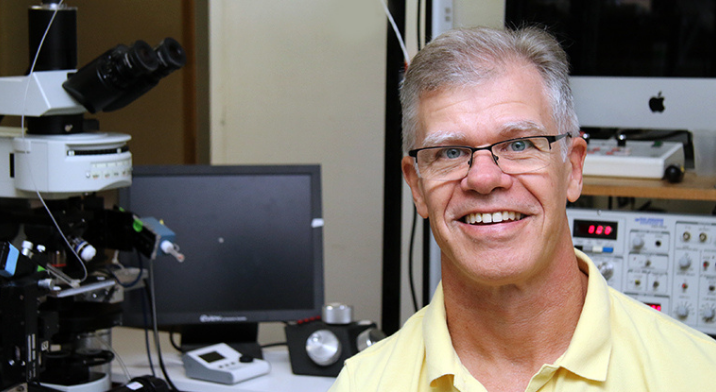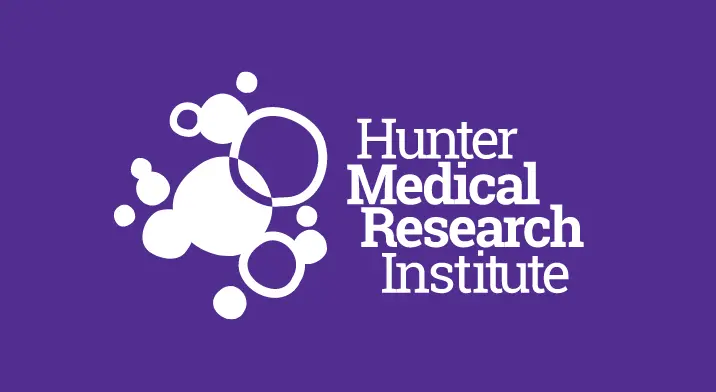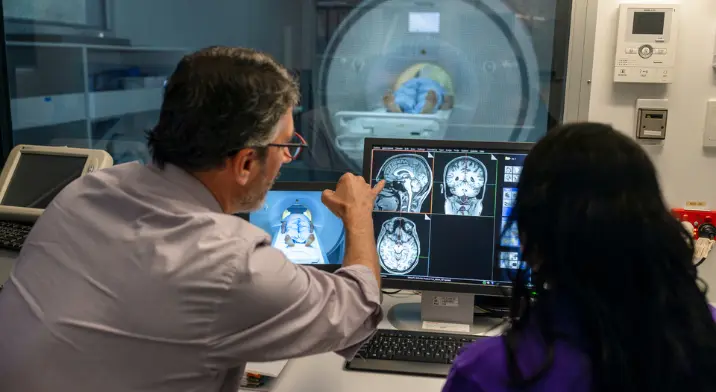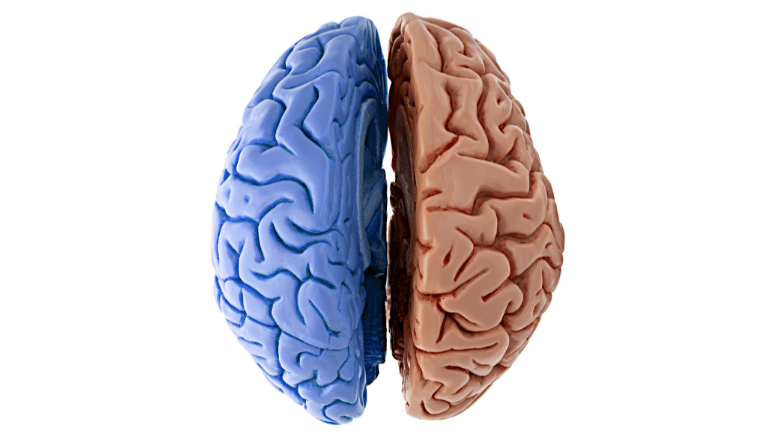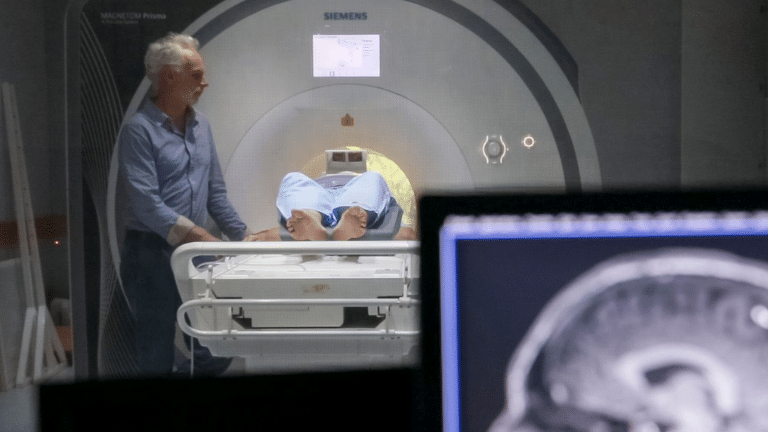Hunter Medical Research Institute’s Brain Neuromodulation Research Program aims to improve the understanding of brain and nerve conditions and develop next-generation therapies.
There are more than 1,000 known disorders of the brain and nervous system.
Our researchers cover the spectrum of nervous system disorders including pain and inflammation, mood disorders, addiction, complex brain and psychiatric disorders like psychosis and schizophrenia, balance and hearing, as well as neurodegenerative conditions like dementia.
Combined, these conditions result in more hospitalisations than any other disease group, including heart disease and cancer. They also significantly contribute to many deaths around the world.
Dementia is the second leading cause of death in Australia, and the leading cause of death among Australian women.
1000+
DISORDERS OF THE BRAIN AND NERVOUS SYSTEM
400,000+
AUSTRALIANS ARE LIVING WITH DEMENTIA
1 in 5
AUSTRALIANS OVER 45 ARE AFFECTED BY CHRONIC PAIN
Our program’s research targets these existing treatment limitations with the goal of providing more personalised, effective therapies.
Our researchers are using innovative neuromodulation research approaches to transform treatments.
Neuromodulation is the modification of nerve activity through targeted delivery of a stimulus, such as electrical/magnetic stimulation, to specific parts of the brain. Neuromodulation can help restore function or relieve symptoms that have a neural basis.
More than 50 researchers are part of our Brain Neuromodulation Research Program. The program aims to improve the understanding of a number of brain and nerve conditions and ultimately develop new and improved therapies that can return nerve activity and brain function to health.
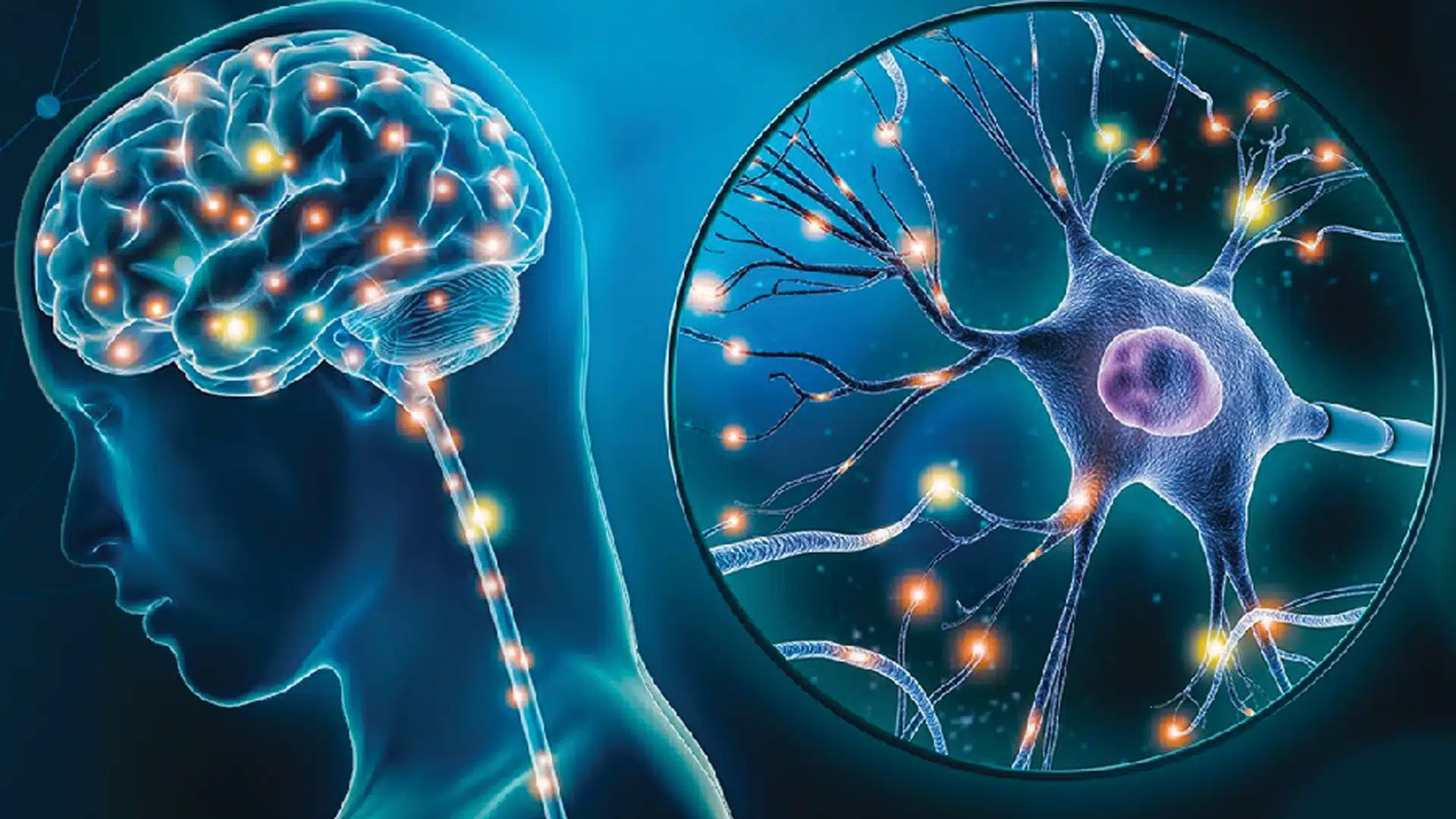
Uniting world-leading experts
We’re bringing together neuroscientists, clinicians, physicists, electrical engineers and biological scientists from around the world. Our research aims to build a precise understanding of how these conditions disrupt signalling throughout the nervous system – from the brain and spinal cord to peripheral nerves and receptors.
Our research program members are leaders in their field with a variety of expertise. Beyond HMRI’s main research facility, program members are based at Hunter New England Local Health District and University of Newcastle, enabling collaboration and the development of new, evidence-based treatments and therapies.
Our program researchers also have strong links to the HMRI Imaging Centre, a partnership that enables our researchers to access advanced imaging services and state-of-the-art technology to enhance research efficiency and outcomes.


